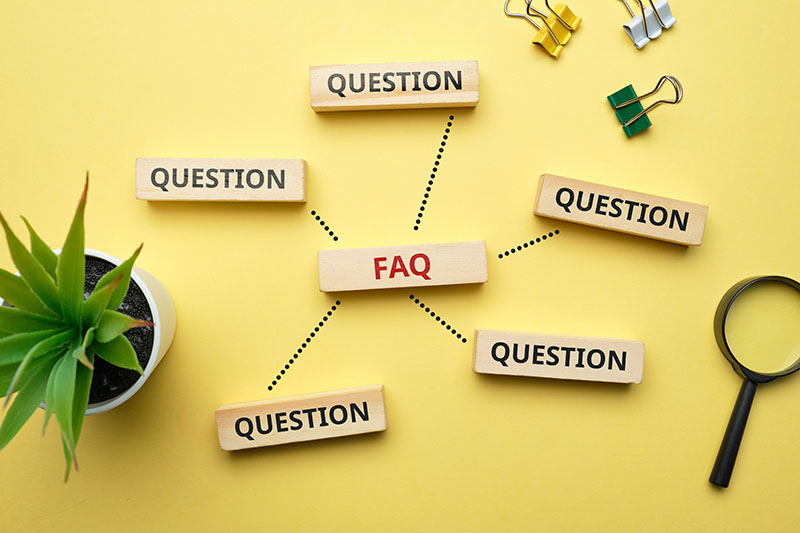Transferring ownership of a property
Whatever your reason for transferring ownership of a property, the process is complex. It’s important to seek advice at the start to ensure that both parties reach a fair agreement, and that the transfer of ownership is legal. This will help you avoid problems in the future with disputed ownership claims.
When you own a property there are many different reasons for you to consider a transfer of ownership or equity.
You may be going through a relationship breakdown where one party wants to remain in the home. In this case, the option of transferring your share to them could be the best solution for both parties rather than selling the property.
Similarly, if you share joint ownership of a property with a friend or family member, you may wish to take on full ownership and buy the other person out or choose to sell your half to release your funds. Whatever your circumstances, make sure you get the right advice from the start.
Next steps: get in touch
If you need legal advice about transferring ownership of a property, contact our team of experts on: 0800 533 5349 or enquiries@mogersdrewett.com
Meet the team
Frequently asked questions
Joint ownership means that two or more people are the legal owners of the property. Usually, joint owners are liable for the whole of the payments for any joint loans secured on the property, and decisions about the property are made by all the joint owners. There are different types of co-ownership, including tenancy in common, joint ownership, community property and tenancy by the entirety.
Up to four people can be named as legal owners. If there are more than four owners then ownership is through the device of a trust.
Typically, to sell a property all owners of the property would need to agree. But if you would like to sell and the other joint owner does not, it could be an option to make a transfer of property ownership from joint to single. To do this, the other owner would need to buy you out, and full ownership would be transferred to them.
To buy out a friend or partner from joint ownership, you would need enough cash to be able to buy out their share of equity in the property – and they would need to agree, of course.
If you’re buying a home with your partner or a friend and you’re paying more towards the deposit, you can protect your share of the deposit with a Deed of Trust, sometimes called a Declaration of Trust.
A cohabitation agreement is a legal document between unmarried couples who are living together. It sets out arrangements for finances, property and children while you’re living together and if you split up, become ill or die.






